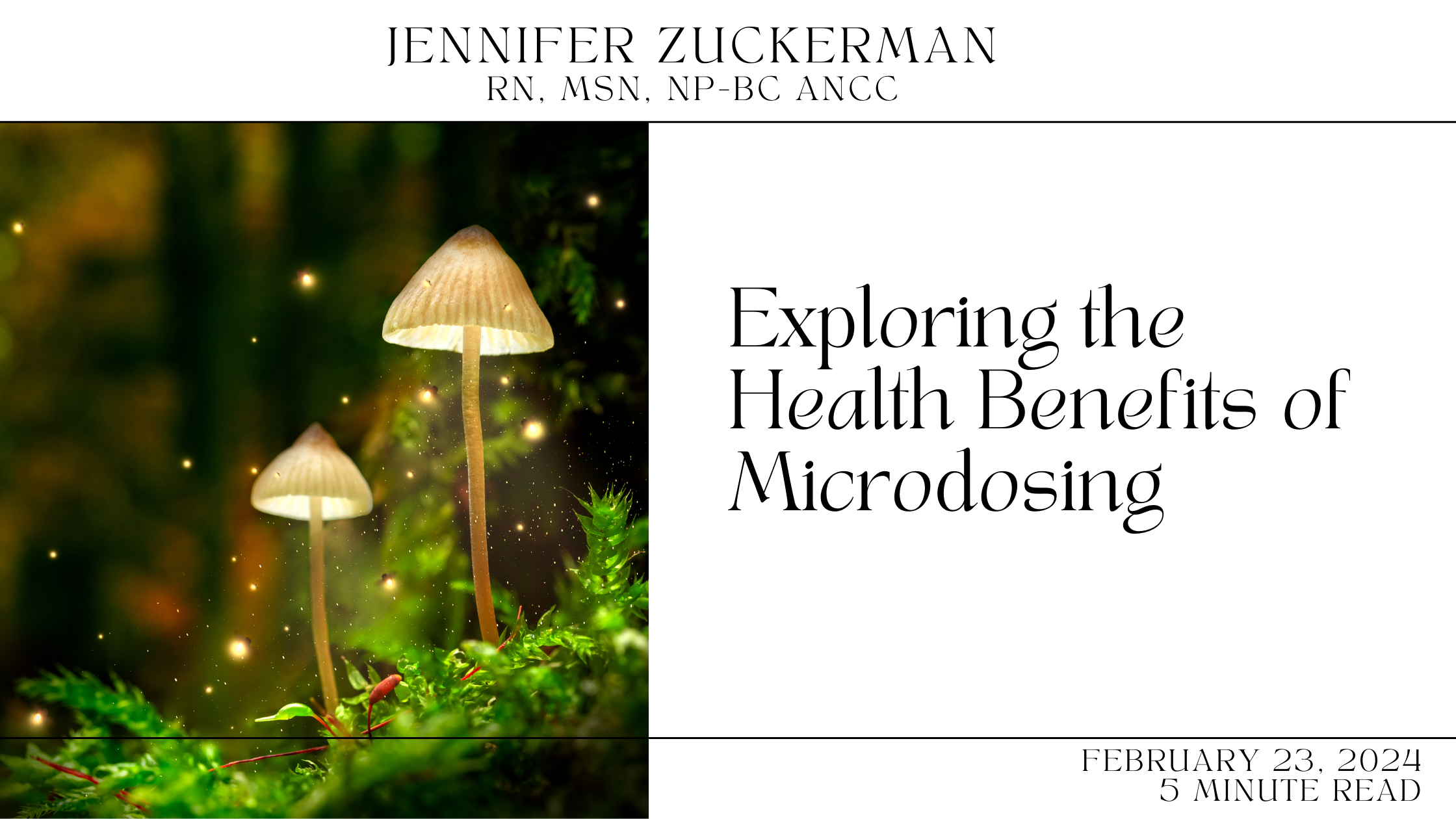In recent years, a paradigm shift has occurred in the realm of mental health and well-being, with individuals seeking innovative alternatives beyond traditional approaches. Among the emerging trends, microdosing psilocybin has gained attention for its potential health benefits. Psilocybin, a naturally occurring entheogenic compound found in certain mushrooms, has long been associated with counterculture movements. However, recent research suggests that microdosing, or the regular consumption of sub-perceptual doses, offers a range of health benefits. In this exploration, we delve into the fascinating world of microdosing psilocybin and its impact on cognitive function, mood regulation, the mind-body connection, and even sleep patterns.
Understanding Microdosing
Microdosing involves taking sub-perceptual doses of a substance, typically one-tenth to one-twentieth of a recreational dose, with the aim of experiencing subtle effects without the full immersive experience associated with larger doses. In the context of psilocybin, microdosing proponents believe that this practice can lead to positive effects on mood, cognition, and overall mental health.
Cognitive Enhancement
One of the most intriguing claims associated with microdosing psilocybin is its potential for cognitive enhancement. Users frequently report improved focus, heightened creativity, and enhanced problem-solving abilities. Research indicates that psilocybin may influence neuroplasticity, the brain’s ability to reorganize and form new connections, which could explain these cognitive benefits. By modulating serotonin receptors and increasing levels of brain-derived neurotrophic factor (BDNF), a protein associated with learning and memory, psilocybin may contribute to enhanced cognitive function, potentially opening doors to new perspectives and ideas.
Mood Regulation
Microdosing psilocybin is gaining recognition for its potential in alleviating symptoms of mood disorders, such as depression and anxiety. While larger doses of psychedelics have been extensively studied for their therapeutic effects, microdosing offers a more manageable and subtle approach. Psilocybin interacts with serotonin receptors in the brain, influencing mood and emotional regulation. Some users report a reduction in symptoms associated with depression and anxiety, leading to an overall improvement in their mental well-being. The subtlety of microdosing may provide individuals with a therapeutic tool that doesn’t overwhelm but rather gently guides the mind towards a more balanced state.
Mind-Body Connection
Psilocybin’s impact extends beyond the cognitive and emotional realms to encompass the mind-body connection. Users often describe a heightened sense of self-awareness and a deeper connection to their emotions. This synergy between mind and body may contribute to better stress management, an improved ability to navigate challenging situations, and an overall sense of well-being. The enhanced self-awareness associated with microdosing may also facilitate personal growth and self-discovery, as individuals gain insights into their behaviors and thought patterns, fostering a more profound understanding of themselves.
Improved Sleep Patterns
Quality sleep is fundamental to overall health and well-being, and microdosing psilocybin has been linked to improvements in sleep patterns. Users frequently report experiencing a more restful and rejuvenating sleep, which could be attributed to psilocybin’s influence on serotonin receptors and the regulation of circadian rhythms. By promoting a sense of calm and reducing anxiety, microdosing may contribute to better sleep hygiene and overall sleep quality. The potential benefits in this realm are particularly noteworthy, as sleep is a cornerstone of physical and mental health.
Safety Considerations
While the potential health benefits of microdosing psilocybin are promising, it is crucial to approach this practice with guidance from an experienced practitioner. The legality of psilocybin varies across jurisdictions, and self-administration without professional guidance may pose risks. It is essential for individuals interested in exploring microdosing to be informed, responsible, and aware of their own health and legal context.
Conclusion
The exploration of microdosing psilocybin opens a fascinating avenue for understanding the intersection of psychedelics and mental health. While research is still in its early stages, anecdotal evidence and preliminary studies suggest that microdosing offers a range of health benefits, from cognitive enhancement to mood regulation and improved sleep. As society continues to seek alternative approaches to mental well-being, the potential of microdosing may lead to groundbreaking insights and novel therapeutic applications. However, it’s crucial for individuals to approach this practice responsibly, considering legal, safety, and individual variability factors. The careful navigation of these considerations can pave the way for a deeper understanding of how microdosing may contribute to a holistic approach to mental, physical, and emotional well-being.




Leave A Comment